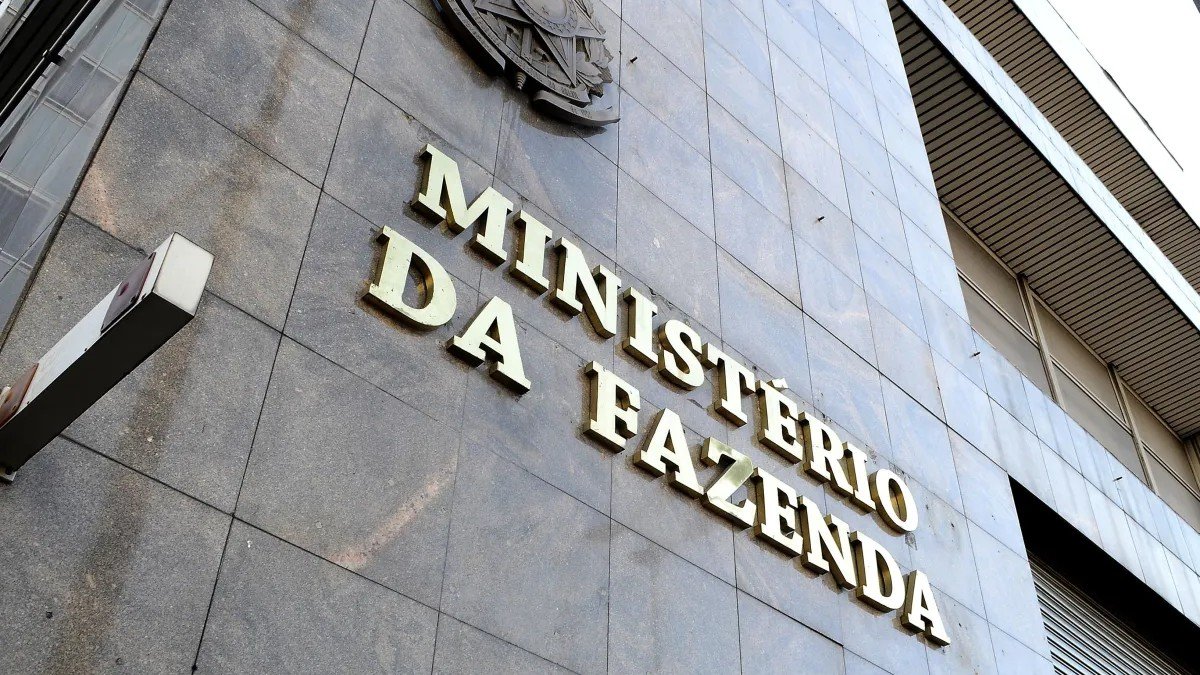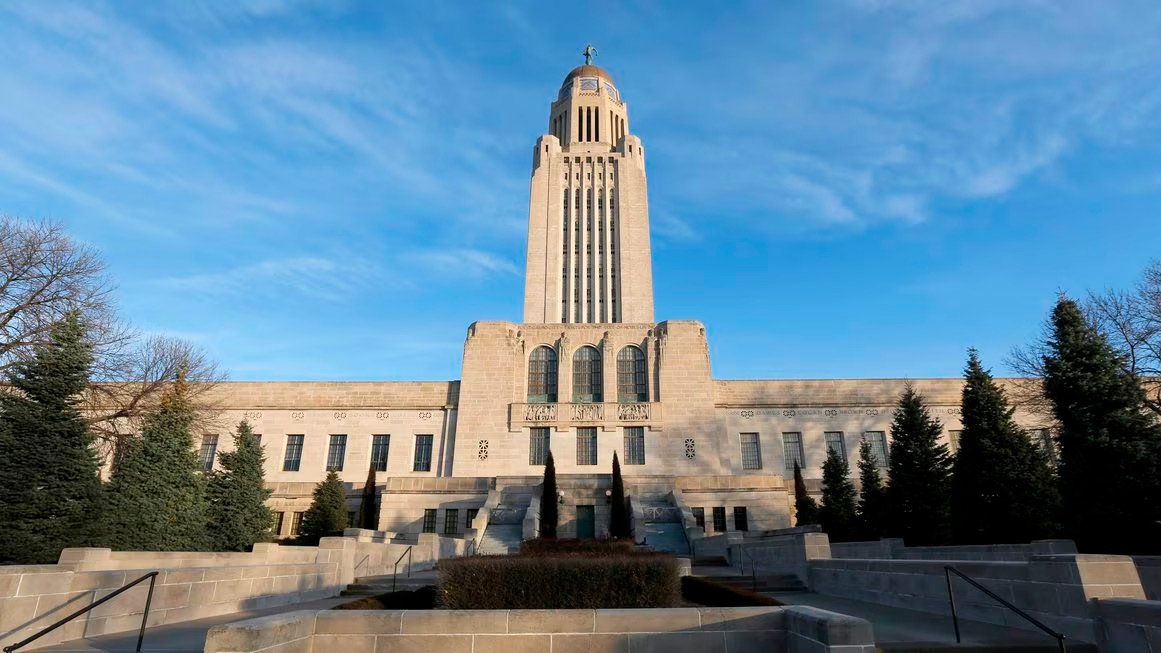Indonesia Government intensifies crackdown on online gambling with AI and task force collaboration

Indonesia’s Minister of Communication and Digital Affairs, Meutya Hafid, has reaffirmed the government’s plans to eradicate online gambling, a practice strictly prohibited in the country.
Speaking at the event "Combating Online Gambling and New Crimes in the Era of Digital Economy 5.0" in Jakarta on Wednesday, Hafid detailed the ministry’s intensified efforts, which include leveraging artificial intelligence (AI) to detect and block illegal gambling content.
Since 2017, the ministry has blocked access to 5.1 million pieces of online gambling-related content, with 3.5 million of those actions taken in 2024 alone.
Hafid emphasized the importance of collaboration in this fight, stating: “What we are also doing is a monitoring and blocking strategy that is carried out intensively in the form of special cyber patrols to detect sites and applications that contain gambling content.”
Between October 20 and November 18 this year, the ministry restricted access to over 315,000 items, including nearly 300,000 illegal IP addresses and thousands of advertisements on platforms such as Meta, Google, and Twitter.
The Online Gambling Eradication Task Force, established in June, has been a key player in these efforts. The task force works alongside other government entities, such as the Financial Transaction Reports and Analysis Center (PPATK), to monitor suspicious financial transactions and cut off the flow of funds to illegal gambling operators.
Hafid urged financial service providers to support these initiatives: “For those still involved in financial transactions supporting online gambling, let’s work together to monitor and stop this.”
At the 2024 Komdigi Journalism Awards Summit, also held in Jakarta, Hafid highlighted the significant role journalists play in combating online gambling by educating the public and influencing policy. This year’s summit, themed “The Impact and Challenge of Online Gambling in the Digital Era,” recognized outstanding journalistic projects that shed light on the societal repercussions of gambling.
“Journalists play an important role in guiding the public, increasing understanding, and assisting in the process of policy formation and law enforcement,” Hafid said. She praised their contributions and called for continued collaboration to address the issue.
Mira Tayyiba, Secretary General of the Ministry of Foreign Affairs, echoed these sentiments, noting the destructive impact of online gambling on individuals, families, and communities. She congratulated the 271 journalists whose work made it to the final round of the competition.
Online gambling’s effects extend beyond financial harm, said Coordinating Minister for People’s Empowerment, Muhaimin Iskandar. During a recent visit to a Jakarta hospital specializing in treating compulsive gambling disorders, Iskandar described the issue as a national crisis.
“The emergency conditions caused by online gambling are widening,” he said, adding that the problem affects mental, psychological, and physical health. Following his visit, Iskandar called for the establishment of a national helpline to support individuals struggling with gambling addiction.
Official government estimates suggest that online gambling could generate up to Rp981 trillion ($61.6 billion) in transactions by the end of 2024 if left unchecked. Much of this money is believed to flow out of the country.
















































